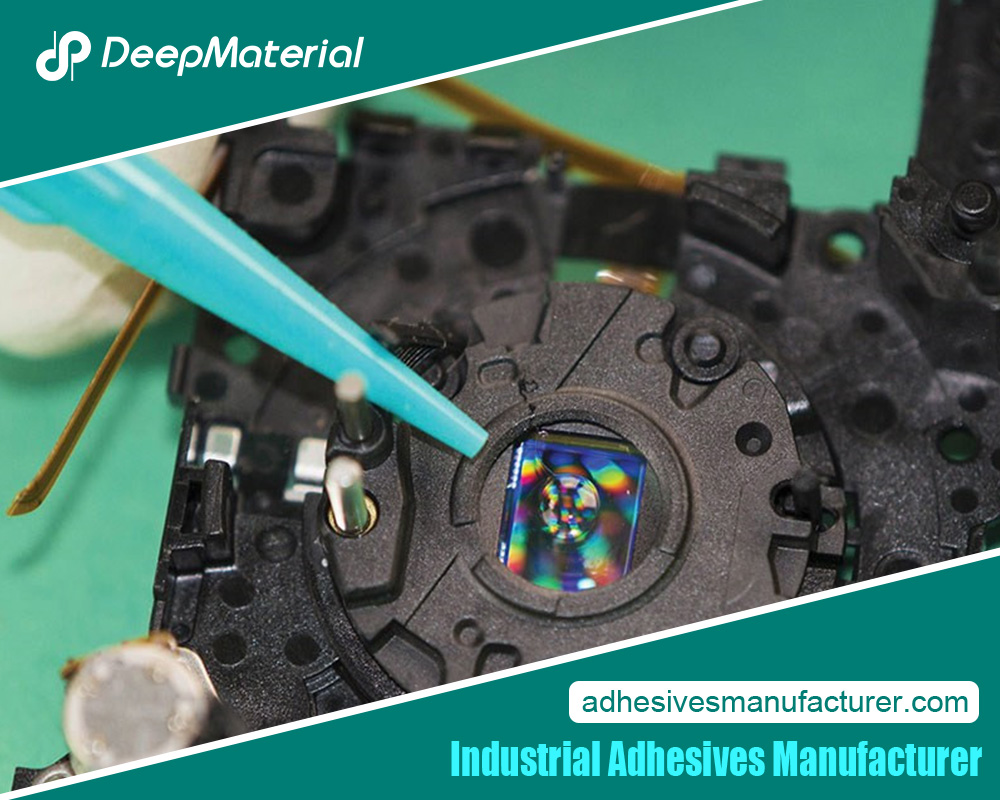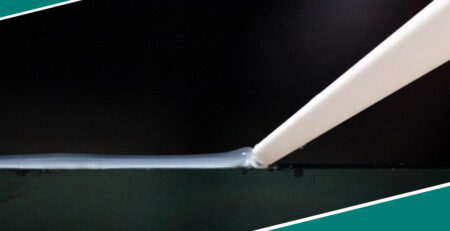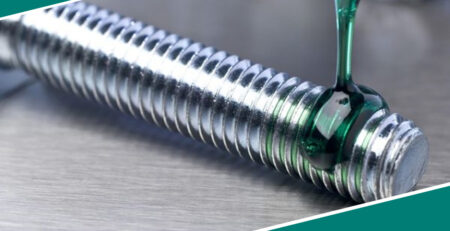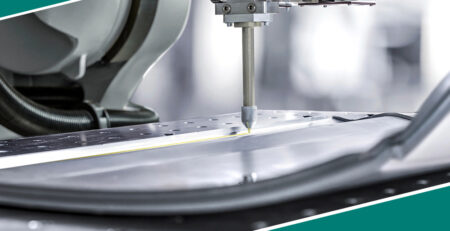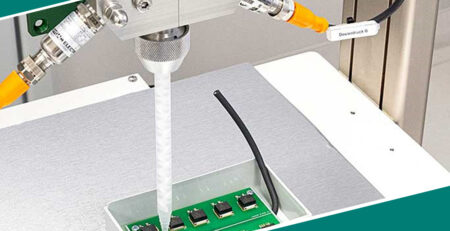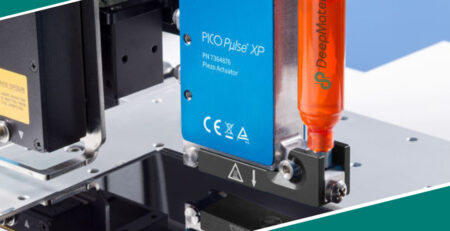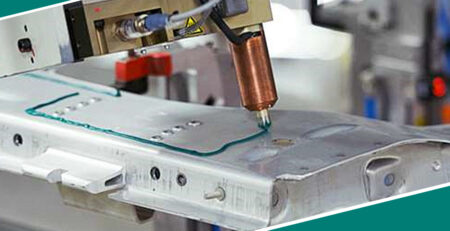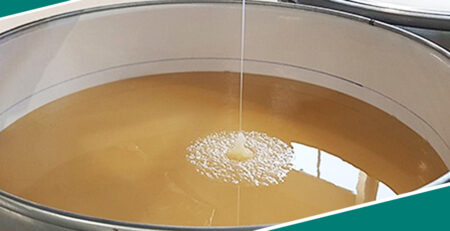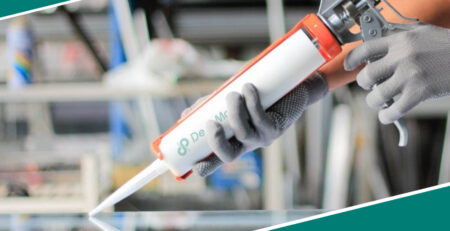What Is The Strongest Epoxy Adhesive Glue For Metal?
What Is The Strongest Epoxy Adhesive Glue For Metal?
Epoxy adhesive glue for metal is a mighty bonding agent that’s a go-to in many industries. Whether you’re tackling a DIY project or a professional task, picking the strongest adhesive is key to a sturdy and enduring bond. Let’s dive into the different types of epoxy adhesive glue for metal, look at its strength and makeup, and consider what to keep in mind when choosing the right glue for your needs.
Understanding the Strength of Epoxy Adhesive Glue
This glue is a mix of two heroes: resin and hardener. When they team up, they kick off a chemical reaction that creates a strong, lasting bond. The resin brings the stickiness, while the hardener gets the curing process going. This combo ensures that the glue bonds well with metal surfaces.
Several things affect the strength of epoxy adhesive glue. First off, how you prep the surface is super important for a solid bond. Make sure the metal is clean, dry, and free from any gunk like oil or rust. Also, the curing time and temperature can influence the bond’s strength. Stick to the manufacturer’s guidelines for curing to get the best results.
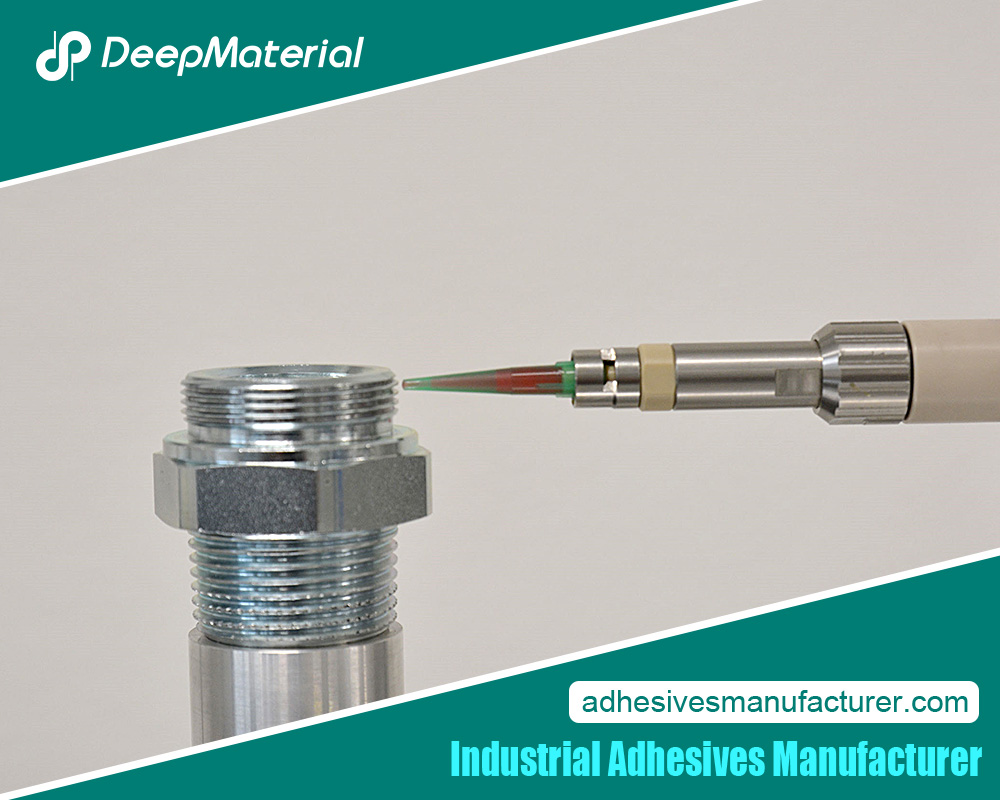
Factors to Consider When Choosing Epoxy Adhesive Glue for Metal
Choosing the right epoxy adhesive for metal involves a few considerations:
Type of Metal: Different metals have different needs. For instance, aluminum might need a more flexible adhesive to handle its thermal expansion.
Temperature and Environment: Think about where you’ll use it. Some glues can take the heat (literally), while others are better off in cooler, indoor places.
Application Method: You’ve got one-part glues that are ready to roll right out of the container, and two-part glues that need a bit of a mix-up before you use them. Your project’s needs will dictate your pick.
Curing Time: Some glues set fast, speeding up your project. Others take their time to reach full strength. Match the glue’s curing time with your project schedule.
Keeping these factors in mind will help you select the perfect epoxy adhesive glue for your metal-bonding needs!
Types of Epoxy Adhesive Glue for Metal
When it comes to sticking metal together, epoxy adhesive glue is a top pick because of its strong and lasting hold. There are a few different kinds out there, each with special traits. Let’s take a look.
One-part epoxies are the easy button. They’re already mixed and ready to go. Perfect for when you want to get things done fast. They’re super handy for quick fixes around the house or for crafting.
Two-part epoxies are a bit more high-maintenance. You need to mix the resin and hardener before you start, which lets you manage the curing time. This type is a favorite in industrial settings where you really need that extra strength.
Heat-cured epoxies need a blast of high temperature to set. These are the heavy-duty types used where metals face tough conditions, like extreme temperatures or rough environments.
Cold-cured epoxies are the chill type that set at room temperature. They’re versatile and great for everything from woodworking to auto repairs.
In conclusion, there’s a whole world of epoxy adhesive glues perfect for metal. Each type brings something unique to the table, whether you need a quick fix or a bond that’s built to last.
Comparison of Different Types of Epoxy Adhesive Glue for Metal
When comparing different types of epoxy adhesive glue for metal, you’ve got to weigh a few things. Strength and durability top the list, especially for metals under stress or heavy loads. Heat-cured epoxies generally bring more muscle and endurance than their cold-cured cousins.
Curing time also matters. One-part epoxies get you across the finish line faster than two-part mixes, which is great if you’re in a hurry. But don’t rush your choice—two-part epoxies typically forge tougher bonds thanks to the chemical tango they do when mixed.
Then there’s temperature resistance. If your metal will face the fires of hell—or just a scorching summer—heat-cured epoxies are your best bet, standing strong in intense heat. Cold-cured options, while not as robust in extreme temps, still hold their own in milder conditions.
Chemical resistance is another key point. For metals destined to battle harsh chemicals, you’ll want an epoxy that can laugh in the face of corrosive agents. Some epoxies excel here, keeping their cool and keeping your metals bonded, even when things get tough.
The Benefits of Using Epoxy Adhesive Glue for Metal
Using epoxy adhesive glue for metal is pretty much a game-changer. First up, it offers a bond that’s not just strong but Hercules-strong, ready to take on serious stress and loads. It’s perfect for heavy-duty jobs in construction or manufacturing where reliability can’t waver.
Epoxy’s also a champ against the whims of weather. Whether it’s baking hot or freezing cold, it keeps its grip tight, ensuring your bond holds steady over time.
And let’s not forget about chemical resistance. Epoxy glue shrugs off nasties like solvents, oils, and acids, making it a top pick for harsh environments.
Plus, it’s a jack-of-all-trades with metals. Steel, aluminum, copper—you name it, epoxy can stick it. With its versatility, it’s ready for any project you’ve got in mind.
How to Apply Epoxy Adhesive Glue for Metal
Getting a solid bond with epoxy adhesive glue means you’ve got to nail the application process. Start with surface prep. Your metal should be spotless, dry, and free from any dirt or oils that could mess up the bond. A good degreaser or solvent can help clear off any unwanted residues.
Next up, mix the epoxy adhesive just like the manufacturer tells you to. Make sure the resin and hardener are mixed well to get a uniform consistency. Slather the glue evenly on both surfaces you’re looking to join.
Now, press those two metal pieces together and keep them tight. Clamps or weights are perfect for keeping everything snug while the adhesive does its magic. Stick to the curing time recommended by the manufacturer to get the best bond strength.
Tips for Achieving a Strong Bond with Epoxy Adhesive Glue
If you want the strongest hold possible, here are some pointers. Ace the surface prep; ensure the metals are clean, dry, and clear of any gunk. Mixing matters a lot, too. Follow the exact resin-to-hardener ratio the maker specifies, and stir well to get that even mix. Poor mixing means a weaker bond.
When you apply the glue, spread it smoothly over both surfaces to maximize contact between the metal and the adhesive for a stronger bond.
Using clamps or weights during the curing process is a smart move. They keep the metal pieces from moving or separating, helping the adhesive set just right for top-notch strength.
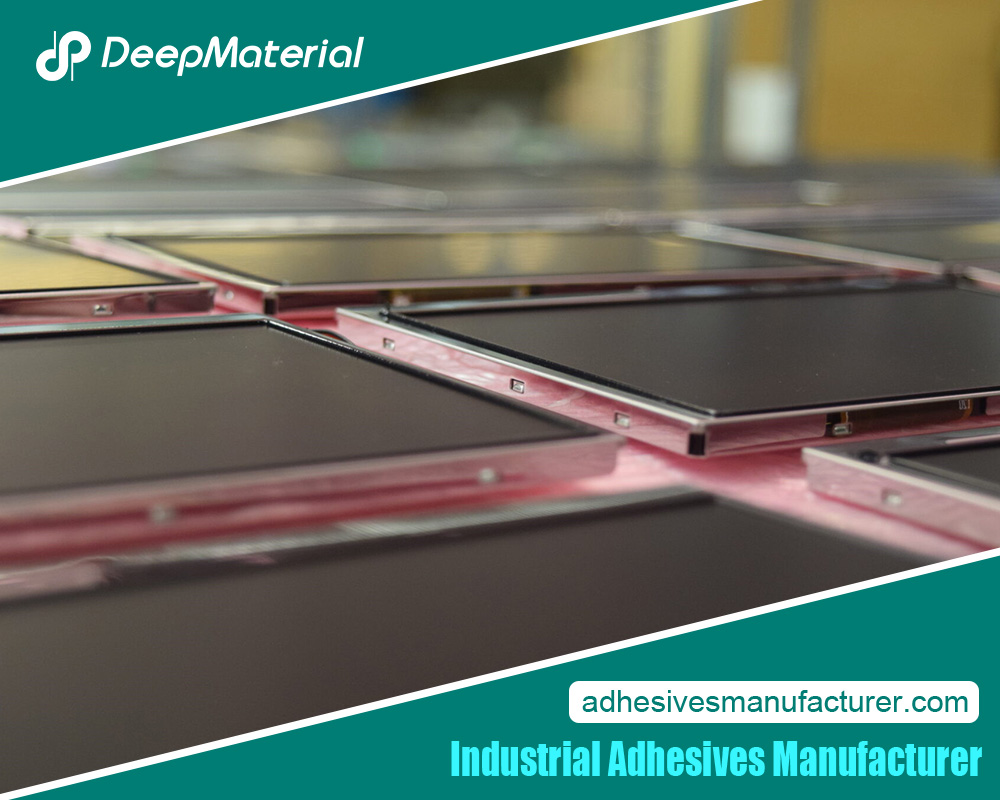
The Strongest Epoxy Adhesive Glue for Metal and Where to Find It
In wrapping up, epoxy adhesive glue for metal is a robust choice for creating durable bonds. When picking the right glue, think about the type of metal, the environmental conditions, how you’ll apply it, and how long it takes to cure.
You’ll find various types of epoxy glue out there—like one-part and two-part epoxies, heat-cured and cold-cured versions. Each has its perks and ideal uses, so choose one that fits your project’s needs.
Remember, for a rock-solid bond, prep the surface well, mix accurately, apply carefully, and let it cure under pressure. Safety is key, too, so handle the glue with care to keep your workspace safe.
For more about the strongest epoxy adhesive glue for metal, you can pay a visit to Deepmaterial at https://www.adhesivesmanufacturer.com/ for more info.

